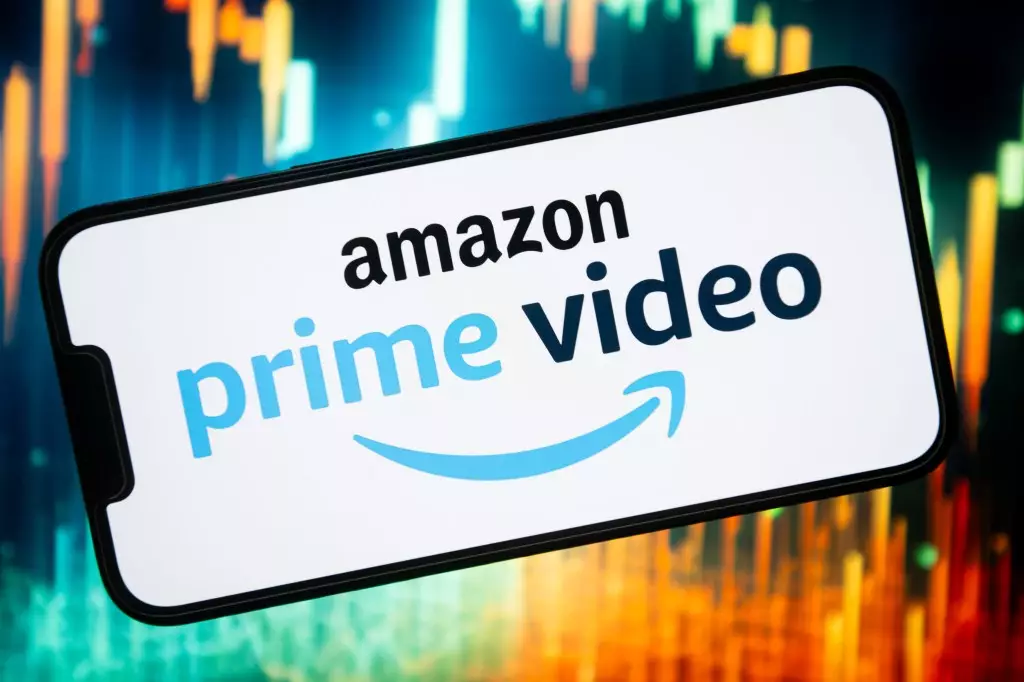Recently, Amazon found itself in hot water when it was discovered that their streaming service, Prime Video, had violated Ofcom’s code in the UK for the first time. This breach could potentially signal a shift in how streaming services are regulated under the new Media Bill.
The specific violation that Amazon Prime Video was found guilty of pertained to the prohibition of harmful content on on-demand programme services (ODPS) as outlined by Ofcom. The offending material was a 2022 Filipino movie titled Pamasahe. The film follows the story of a penniless mother who must resort to using her body to reach her husband in Manila. Ofcom received a complaint from a viewer who expressed concerns about the inclusion of a baby in scenes depicting sexual activity between adults.
Response from Ofcom
In response to the complaint, Ofcom sought advice from the British Board of Film Classification, which determined that the movie contained a frame that contravened the Protection of Children Act 1978. Specifically, the scene depicted a child in the same frame as sexual activity. Upon being notified of this violation, Amazon promptly removed the movie from its UK platform.
Amazon defended its actions by claiming that its measures for detecting prohibited material were robust and effective. The company highlighted its track record of over a decade of content distribution under Ofcom’s supervision without any prior formal investigations. However, Amazon acknowledged that content policies are nuanced and stated that they regularly evaluate where improvements can be made.
Implications of the Media Bill
The incident involving Amazon Prime Video could foreshadow future enforcement actions under the Media Bill. The Media Bill grants Ofcom the authority to regulate streamers like Amazon and Netflix in areas such as impartiality and harmful content, bringing them in line with traditional broadcasters. This new legislation represents a significant shift in how streaming services are overseen by regulatory authorities.
Netflix’s policy chief has cautioned that the increased regulation under the Media Bill could prove unworkable or have a chilling effect on content creation. As Ofcom aims to fully regulate streamers within the next two years, companies like Amazon and Netflix will need to navigate the evolving landscape of content regulation while balancing creative freedom with compliance.
The recent Ofcom ruling against Amazon Prime Video serves as a wake-up call for streaming services operating in the UK. The incident underscores the importance of adhering to regulatory guidelines and the potential consequences for failing to do so. As streaming continues to dominate the entertainment landscape, companies must be prepared to adapt to changing regulations and prioritize the protection of audiences, particularly vulnerable groups such as children.


Leave a Reply